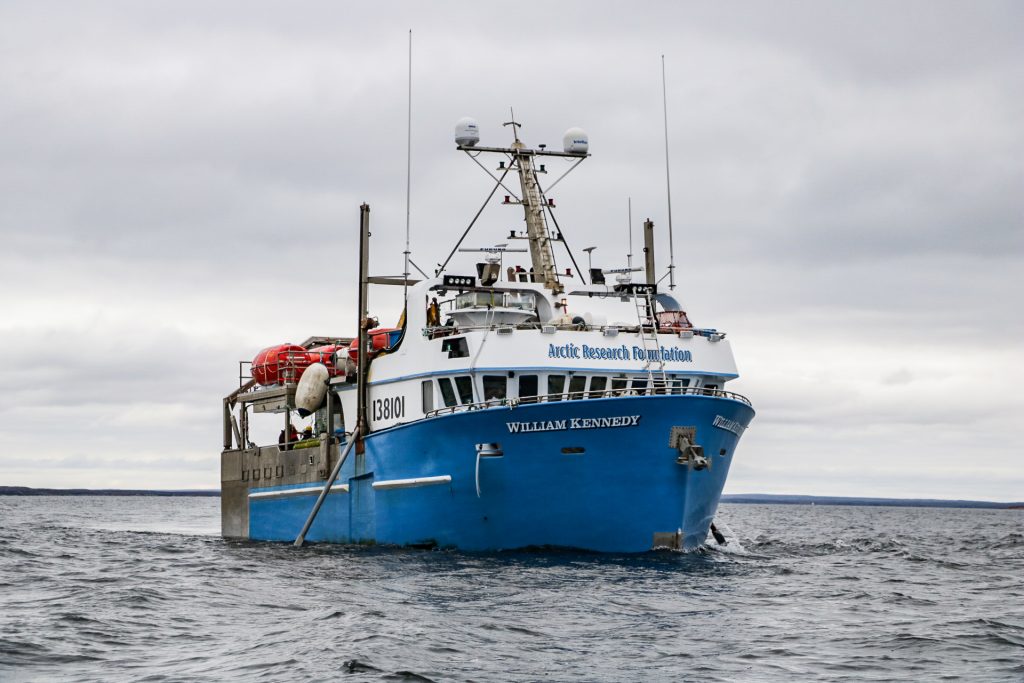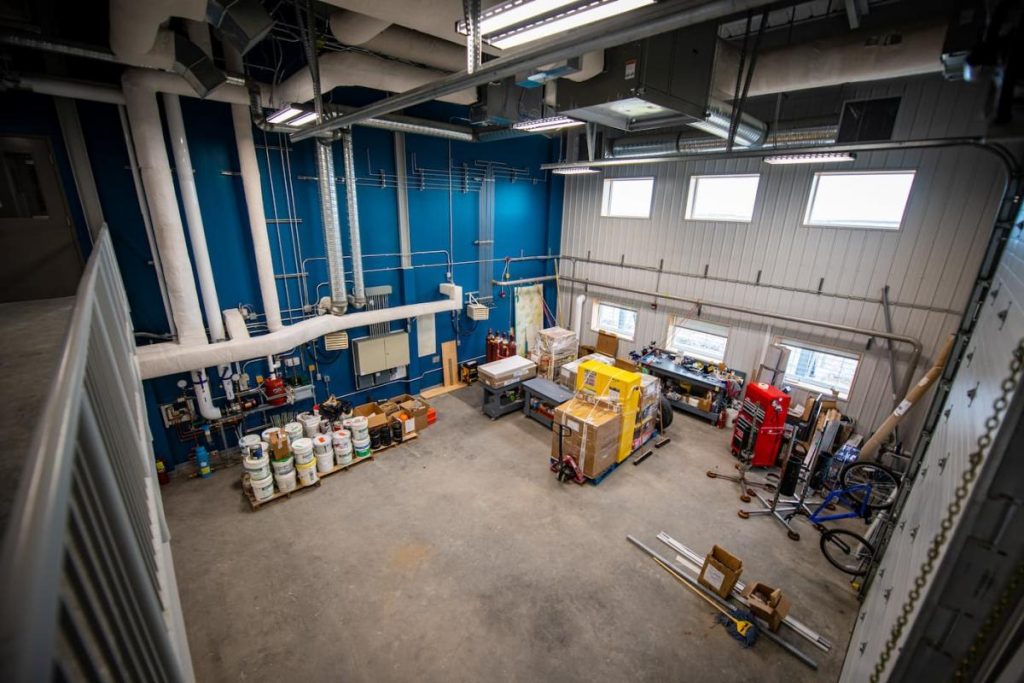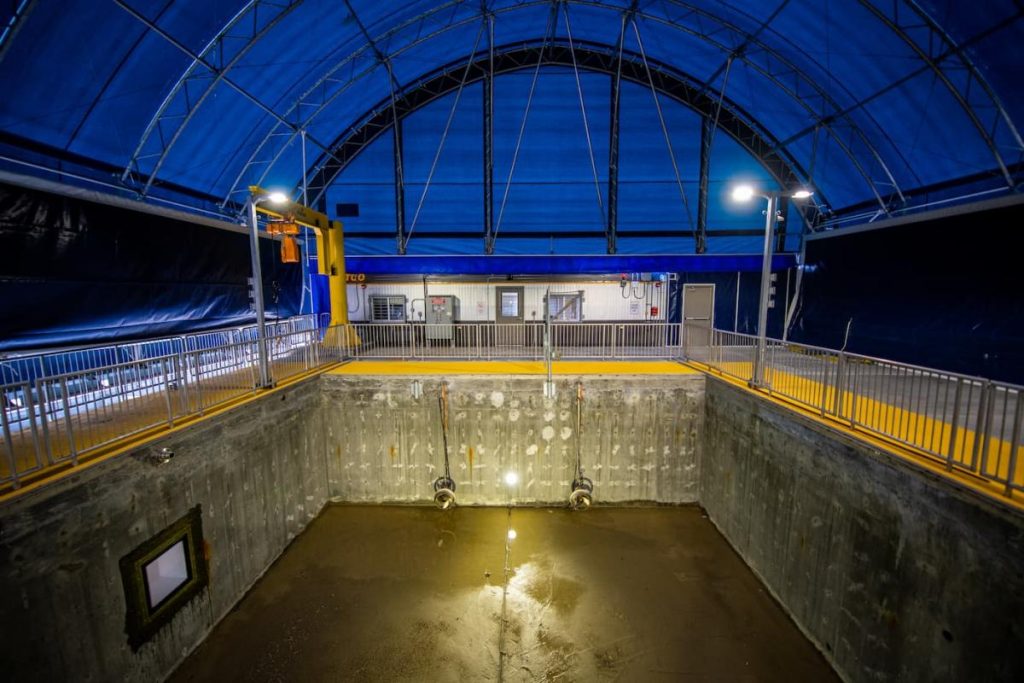State-of-the-art marine research facility opens in Churchill
Posted August 27, 2024 2:16 pm.
Last Updated August 27, 2024 7:37 pm.
Tuesday marked the grand opening of a cutting-edge facility that is expected to enhance Manitoba and Canada’s position as a world leader in Arctic research.
The Churchill Marine Observatory (CMO) – at the Port of Churchill on the shoreline of Hudson Bay – is being described as a first-of-its-kind research hub.
It will be dedicated to the detection, impact and mitigation of oil spills, while also studying the best ways to support Arctic marine transportation and adaptation to climate change.
“There’s challenges associated with climate change, but also potential opportunities, and we are here to do the research to understand the system and be prepared for those possible changes moving forward,” said Dr. C.J. Mundy, a biological oceanographer.

The facility, which cost $45 million, has been in the works for a long time. It was started by the late Dr. David Barber, who will be honoured with the installation of a permanent plaque at the CMO.
“It’s his vision that made this centre possible here,” Dr. Mundy said.
The CMO’s research infrastructure includes three core components:
- the Ocean-Sea Ice Mesocosm (OSIM), which incorporates outdoor pools used for controlled experiments of oil spills;
- the Environmental Observing system, which is a series of taunt-line moorings along the main shipping channel across Hudson Bay providing a monitoring system for studies in the Arctic’s environment;
- and the Research Vessel William Kennedy, which will perform Arctic science research expeditions.

“By combining all the three together, it will provide us unprecedented opportunities and a platform to understand the rapidly changing Hudson Bay and associated with the social and economic development,” said Feiyue Wang, a professor and Canada research chair at the Centre for Earth Observation Science in the University of Manitoba’s department of environment and geography.
By 2100, the projection is there will be no ice all year round in Hudson Bay, which Wang says is a major change for the high Arctic.
“The potential is there to see marine shipping through Hudson Bay significantly extended and so that, of course, will have enormous economic benefits, social economic prosperity, reducing cost of re-supply and so on, and also strengthening the regional and global supply chain,” he said.











